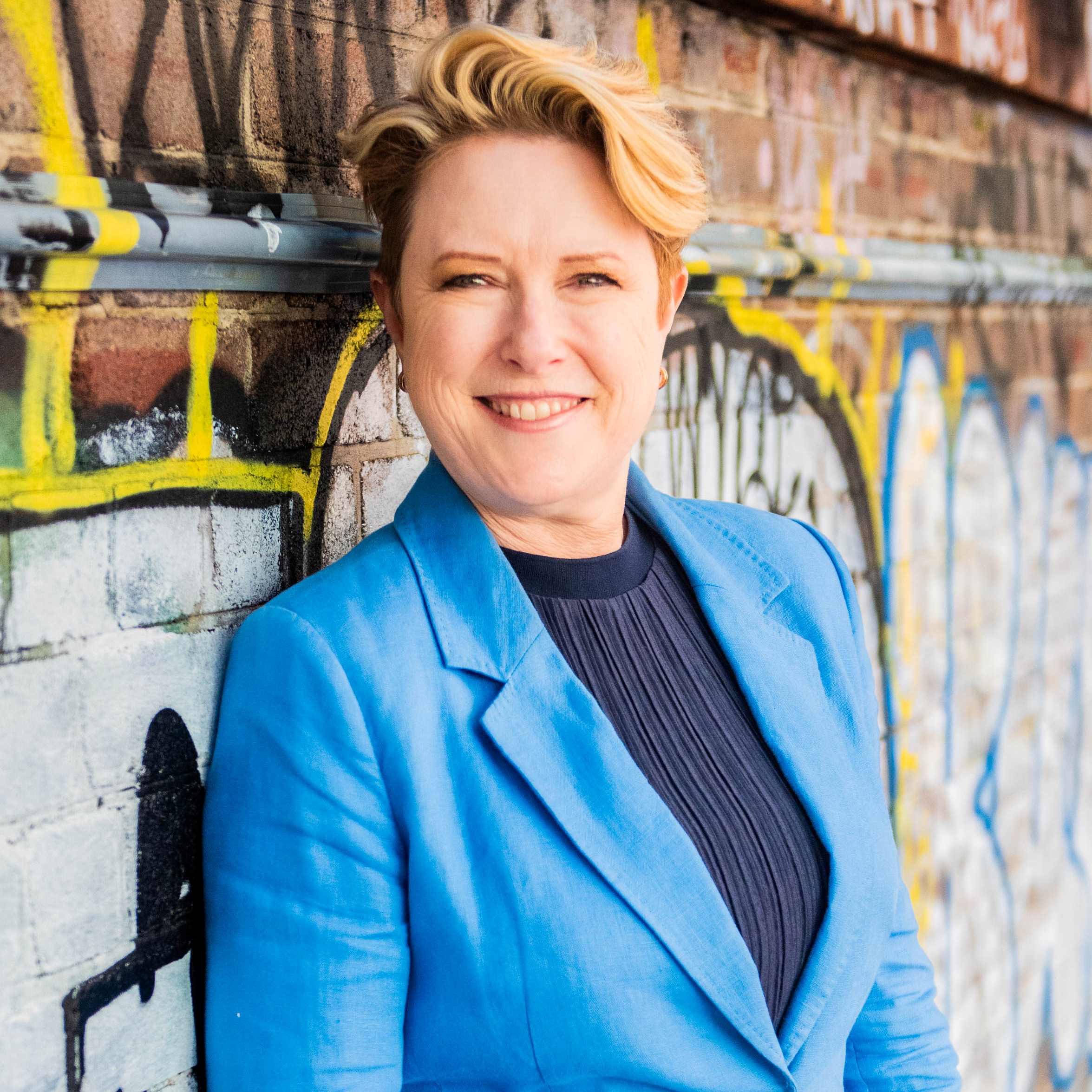🏡 What Is Mortgage Pre Approval, Really?
Many first home buyers assume that pre-approval is just a quick nod from the bank or a number spat out by an online calculator. Stuart explains that real pre-approval means a lender has reviewed your full financial situation—income, expenses, credit history, and savings pattern—and has conditionally agreed to lend you a certain amount. This is crucial for understanding your actual borrowing power and avoiding heartbreak later.
💻 System Approval vs. Real Pre-Approval
Stuart reveals the difference between system-generated pre-approvals and genuine credit-assessed approvals. System pre-approvals rely on algorithms and can be misleading, while actual pre-approvals involve a human credit assessor reviewing your documents. For a safe purchase, buyers need the latter—not a guess based on unchecked data.
⚠️ Why Online Calculators Can Mislead You
Online borrowing calculators give rough estimates but often overlook key variables like casual income, overtime, or unique employment scenarios. Relying on them may inflate your expectations. Stuart and the hosts urge listeners to use a broker who can tailor borrowing estimates to your specific circumstances.
📉 Multiple Pre-Approvals Can Harm Your Credit Score
Applying for too many pre-approvals—or simply shopping around too aggressively—can damage your credit score. Each application leaves a mark, and too many inquiries may signal to lenders that you're a risky borrower. A good mortgage broker can identify the right lender from the outset to avoid this.
💳 Credit Cards: Do They Help or Hurt?
The team discusses whether credit cards help build a credit score. Stuart notes that having a credit card can improve your credit history if well-managed—but large limits across multiple cards can significantly reduce borrowing capacity. The trick is finding a balance: one low-limit card with your preferred lender may be beneficial.
🧠 Why You Need a Broker Early in the Process
Veronica and Meighan stress the importance of including a mortgage broker in your "support crew" early. Too often, buyers wait until they've found a property to seek advice—by then, it may be too late to fix issues like inconsistent savings or credit history. A broker can help you prepare months ahead for maximum borrowing capacity.
⌛ Why Pre-Approvals Take So Long (and Why You Should Care)
Stuart gives a behind-the-scenes look at why some banks take 30+ days to process pre-approvals. From backlogged applications to offshoring delays and compliance checks, it's clear that timing is critical. Buyers should allow several weeks (if not months) for their financial prep before house-hunting.
🏦 Not All Banks Are Created Equal
Different lenders have different policies. Some may only consider 80% of your casual income; others may include it all. Stuart explains that even identical applications can yield vastly different pre-approval outcomes depending on the lender—another reason why using a broker makes sense.
📊 HECS Debt and Borrowing Power
Your HELP/HECS debt can reduce your borrowing capacity—especially if you're nearing the repayment threshold. In some cases, repaying a chunk of HECS can increase your loan limit, even if it reduces your deposit. This nuanced strategy is just one example of how expert advice can benefit first-time buyers.
🛑 The Risks of Buying Without Pre Approval
In a fast-moving market, some buyers take the leap without full finance approval. Stuart warns this can be disastrous: if the bank later values your property lower than what you paid, your loan will fall short, and you may struggle to bridge the gap or be forced to break your contract.
🧾 Valuations Can Still Be a Risk Post-Pre Approval
Even with a pre-approval in hand, the property you choose must pass the lender's valuation test. If the bank thinks you overpaid, they'll lend against the lower value, not your purchase price. Stuart shares strategies for managing this risk, including understanding comparable sales and being realistic about market value.
📉 Off-The-Plan Purchases: More Risk Than Reward
Stuart, Veronica, and Meighan all caution against buying off-the-plan. Since the bank can't value the property until it's built (often years later), your pre-approval becomes meaningless, and your financial position—or the lender's policy—may have changed by then. It's a gamble first home buyers can't afford to take.
🏘️ The Biggest Mistake: Buying the Wrong Property
Pre-approval is just the first step—buying the right property is even more critical. Stuart shares examples of buyers who bought poorly located or overvalued properties thinking they scored a "bargain." Years later, these "data assets" end up costing them far more in lost growth, delays, and opportunity costs.
💡 Final Advice: Treat Borrowing Power Like an Asset
Your borrowing capacity isn't just a number—it's a resource that helps you secure the best possible home. With the right planning, strategy, and timing, you can use it wisely to enter the market with confidence, avoid costly errors, and grow long-term wealth from your very first home.
👉 Ready to get started? Check out THE First Home Buyer Course.
Veronica Morgan & Meighan Wells
Veronica & Meighan are both licensed real estate agents who exclusively help buyers. Together they have nearly 40 years experience as property professionals.
Veronica is principal of Sydney based Good Deeds Property Buyers and is also co-host of The Elephant in the Room property podcast as well as Location Location Location Australia on Foxtel and author of Auction Ready: how to buy property at auction even though you're scared s#!tless!
Meighan is the multi award winning principal of Brisbane based Property Pursuit, chairperson of the REIQ Buyers Agent Chapter & a regular media commentator.




